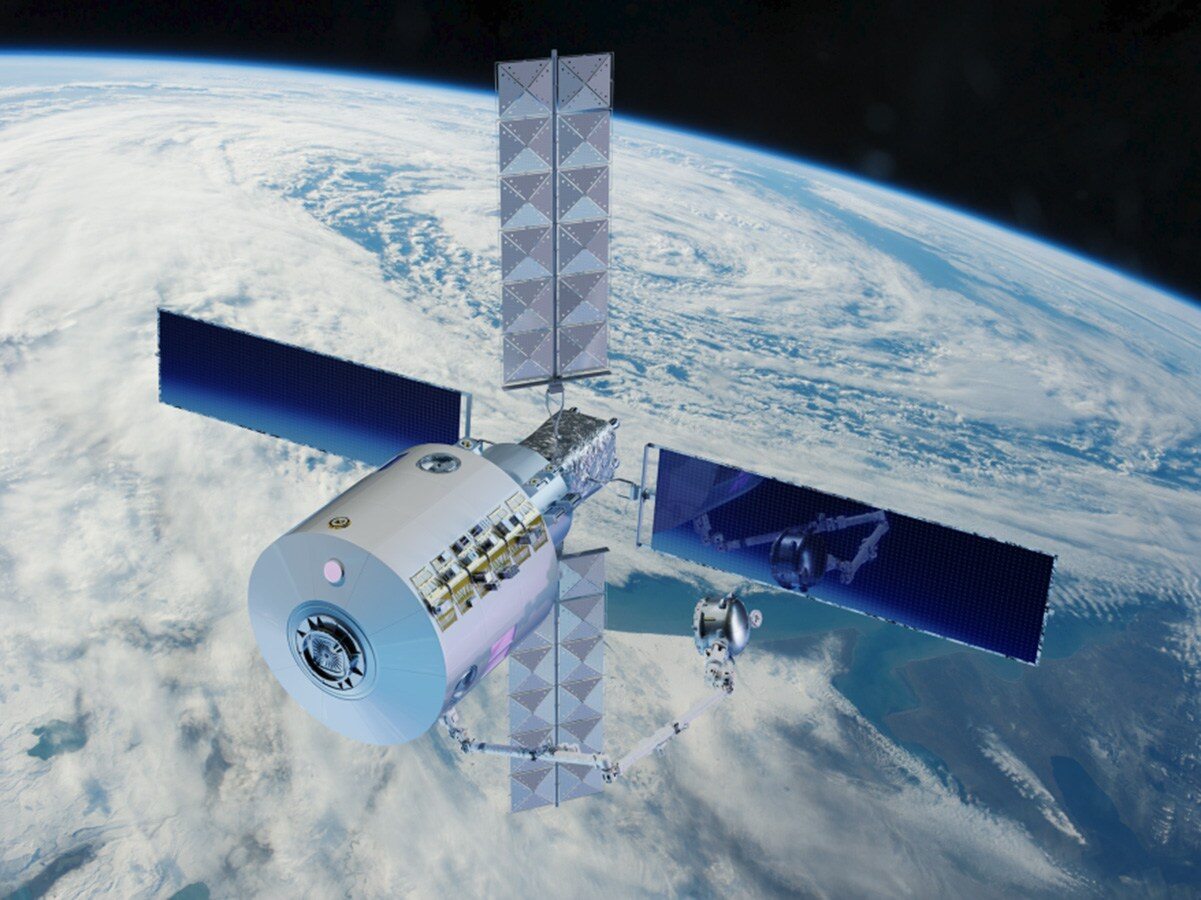The Starlab station will replace the ISS. NASA announces project partners

Two well-known space companies will jointly build NASA Starlab – a space station that will soon replace the legendary ISS. The plans for the new orbital station are very ambitious, and its creation will be undertaken by the world’s best specialists.
The American company Voyager Space and the European giant Airbus Defense and Space have announced a transatlantic business cooperation pact. The goal of the initiative is to build the NASA Starlab orbital space station. The powerful laboratory will replace the International Space Station currently in Earth’s orbit.
NASA Starlab is getting closer
According to the current schedule, the Starlab station is to be launched into space as early as 2028. For such a huge undertaking, that’s not a lot of time. NanoRacks, a subsidiary of Voyager, won the tender for the NASA space station as early as 2021 and received a grant from the Commercial Low Earth Orbit Development Program with funds in the amount of USD 160 million.
The official mission accompanying the companies in the construction of the ultra-modern flying laboratory is to “maintain the continuous presence of people in low Earth orbit (LEO) and cement American leadership in this aspect.” This motto may be intentionally a bit offensive, because China has already built its own orbital station.
What is new at Starlab will be the combination of the public and private industries. The space agencies of different countries participate in the ISS program and they will also be invited to participate in the Starlab station. At the same time, the new base will also provide space for private companies that would like to conduct experiments in space.
NASA is looking for a successor to the ISS
As we wrote in Wprost.pl, the International Space Station (ISS) is to serve in orbit until the end of 2030, when it will be decommissioned as planned. The American space agency NASA cannot afford a break in space presence, which is why it is already working diligently to replace the installation and has invited commercial companies to cooperate.
One of the plans is the NASA Starlab station, where, apart from Voyager Space and Boeing, Lockheed Martin contributes. The list also includes an unusual company – Hilton.
The other players in the race are Blue Origin – Jeff Bezos’ space company. The enterprise has proposed to deploy the Orbital Reef station by 2030. Northrop Grumman and Axiom companies also submitted the project.






